Nutraceutical Sector: Reusing Fishing Waste for Health and the Planet
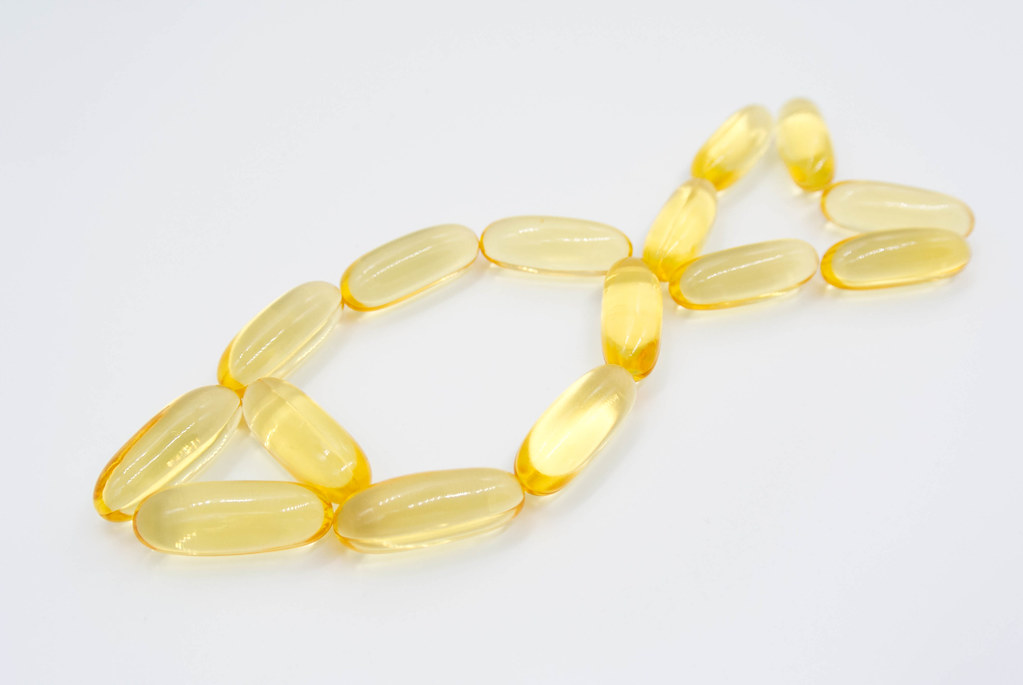
Nutraceuticals is a broad umbrella term that is used to describe any product derived from food sources with extra health benefits in addition to the basic nutritional value found in foods. Industries in this sector, like in many others, are finding creative ways to reduce waste and harness valuable resources from what was once considered disposable, and fisheries discards is no exception.
Fish processing generates a significant amount of waste, including fish heads, scales, skins, and bones, which make up about 75% of the whole organism. Every year in the Mediterranean sea, a great amount of this waste is discarded, generating at the same time loss of profit and loss of ecological sustainability. However, within this waste, a treasure trove of bioactive compounds lies waiting to be unlocked.
Fish waste contains a variety of bioactive compounds with proven health benefits. These include collagen, omega-3 fatty acids, peptides, antioxidant compounds, and chitin. Collagen, for instance, is renowned for its skin and joint health benefits, while omega-3 fatty acids are known to support cardiovascular health. These compounds are perfect candidates for nutraceutical products, such as dietary supplements and functional foods.
Reusing fishing waste provides a win-win situation for nutraceutical companies. Firstly, it promotes environmental sustainability by reducing waste and minimizing the environmental impact of the fishing industry. Secondly, it offers economic advantages. Fishing waste is often available at a lower cost, as it is typically considered a waste product. This can significantly reduce production costs for nutraceutical companies and at the same time generate economic benefits for fishing companies, that every year incur significant expenses to stock and dispose of a huge amount of such waste.
By incorporating fish-derived nutraceutical ingredients, companies can diversify their product portfolios. They can create new supplements or fortified foods with distinct health benefits. This approach caters to a broader consumer base, providing unique solutions to various health concerns.
The market is shifting towards environmentally friendly and sustainable products. Reusing fishing waste aligns with these trends and can make products more appealing to eco-conscious consumers. Furthermore, it enhances a company’s brand reputation and corporate social responsibility image.
Reusing fishing waste in the nutraceutical industry is a prime example of how innovation and sustainability can go hand in hand. The utilization of bioactive compounds from fish waste not only reduces environmental impact but also opens up new opportunities for product development and market growth. This approach benefits both the industry and consumers by creating healthier, sustainable, and cost-effective nutraceutical products.


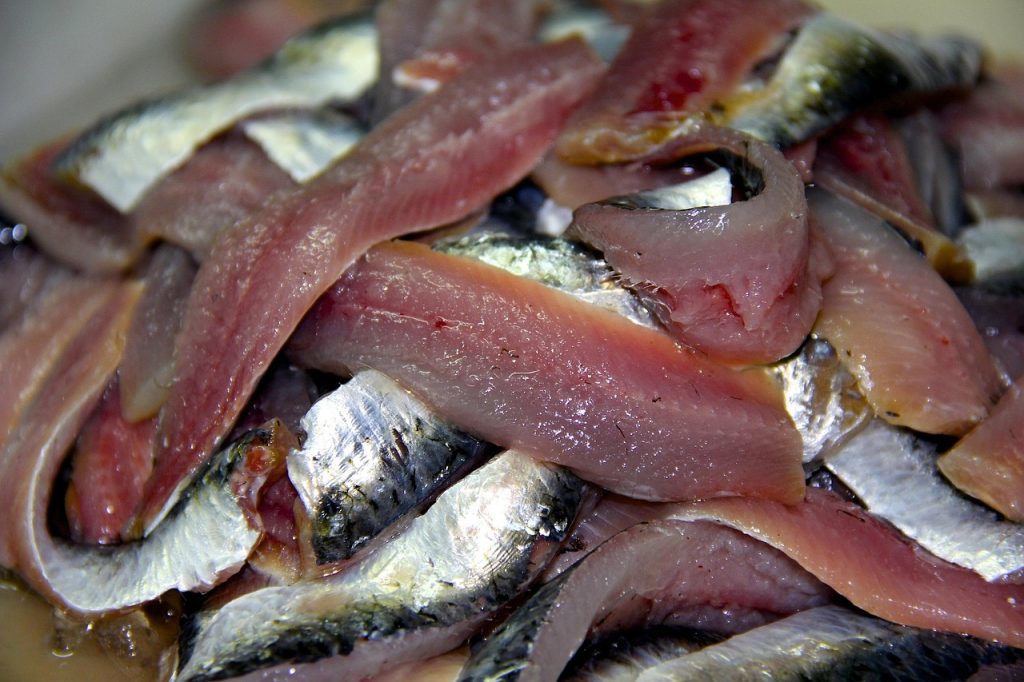
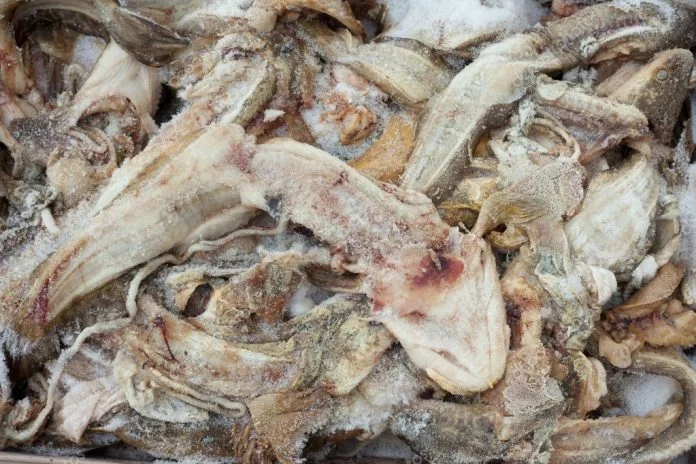
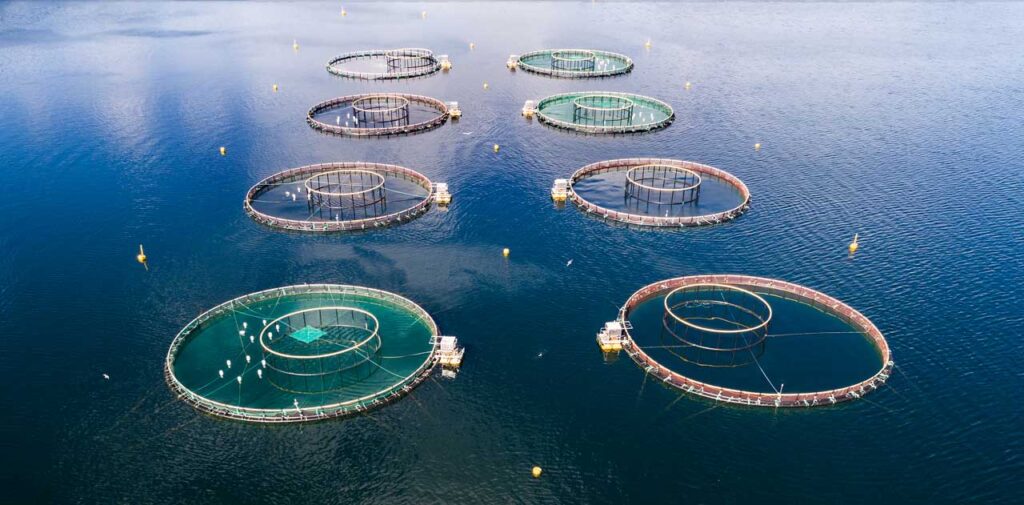
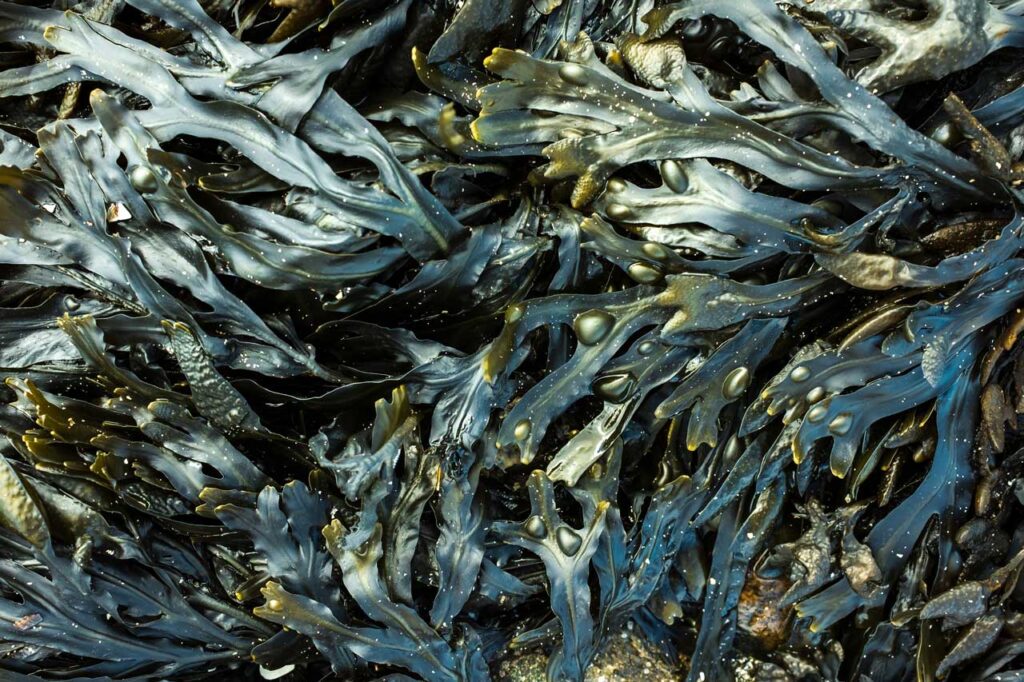
Responses